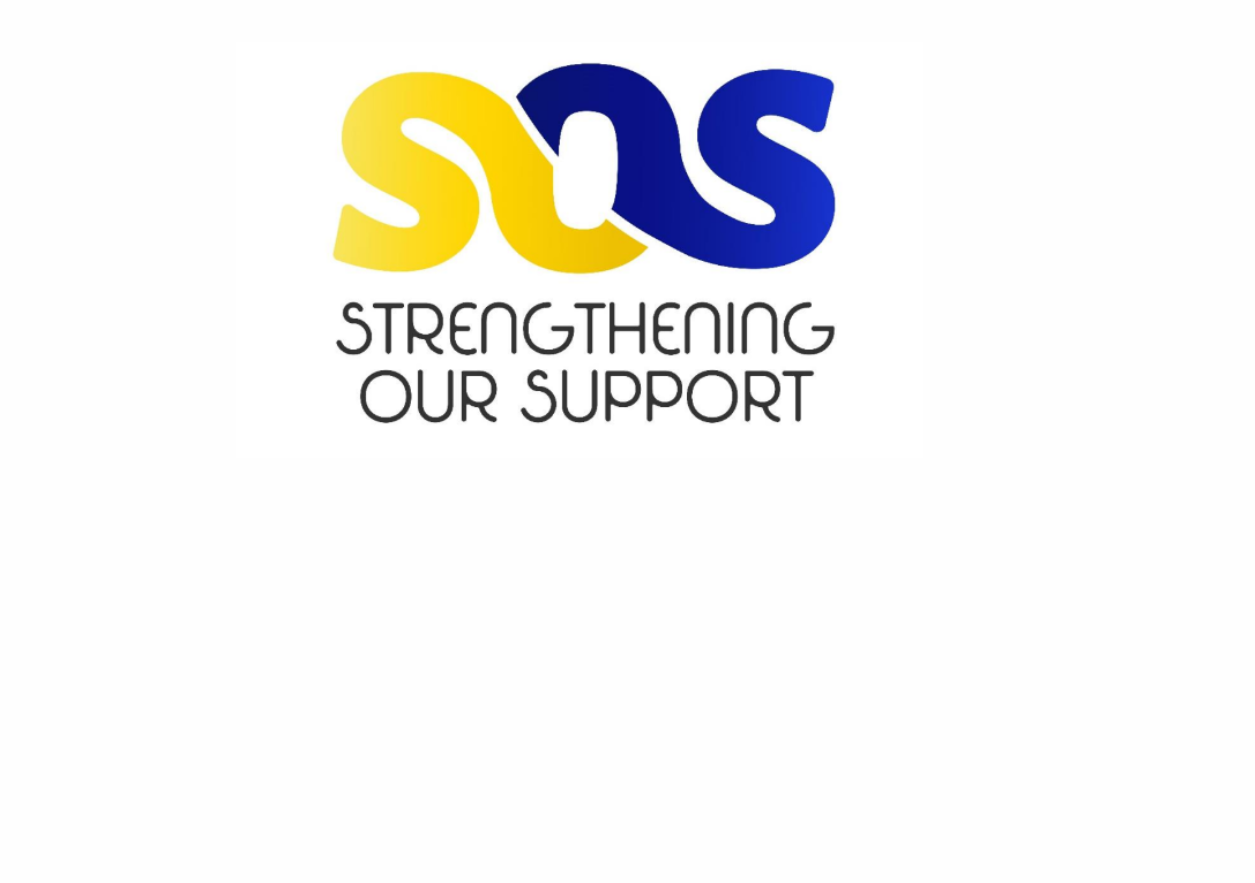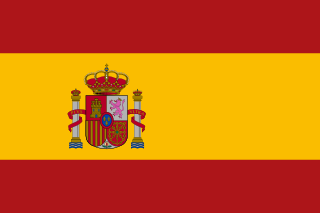Enabling Inclusion and Innovation for Ukrainian Refugees in Europe
Project motivation
A full-scale armed invasion of the territory of Ukraine by the neighboring russia started on February 24, 2022, leading to widespread destruction in Ukrainian cities. Numbers of destroyed homes, shelled educational institutions, ruined hospitals, cultural centers, bombarded essential infrastructure continue to grow to this day.
Barbaric russian attack of Ukraine let to the fastest and largest displacement of people on the European continent since World War II: a significant number of 12 million Ukrainian people had to be forcefully displaced during the first month of war.
As the genocidal russian war in Ukraine continues to drag on, temporarily displaced Ukrainians are now transforming into long-term migrants, also known as permanent or settled migrants, facing challenges that include but are not limited to:
– difficulties integrating into host communities due to language barriers and insufficient understanding of the local cultures and traditions.
– obstacles in navigating complex digitalized bureaucracy due to inadequate digital literacy skills.
– need of psychological help and support in emotional management because of being continuously drained and war weary.
– struggle to form meaningful connections with citizens of the hosting countries, resulting in social disconnection and isolation due to not having shared values, beliefs, and behaviors that underpin a society.
As the changed migrant situation calls for our adaptation of the humanitarian support, this project aims to:
– EMPOWER the Ukrainian refugees to obtain the tools for emotional management and overcome extensive Ulysses syndrome,
– to build new social CONNECTions and sense of belonging, and
– ENGAGE them in creating sustainable livelihood.
Project objectives
The overall objective of the project is to support long-term Ukrainian migrants in the process of integration into their host communities by:
– creating a safe and supportive social space.
– developing healthy coping mechanisms of emotional intelligence.
– promoting environmental sustainability for post-war ecological reconstruction of Ukraine.
– improving digital literacy needed to navigate local software and applications.










